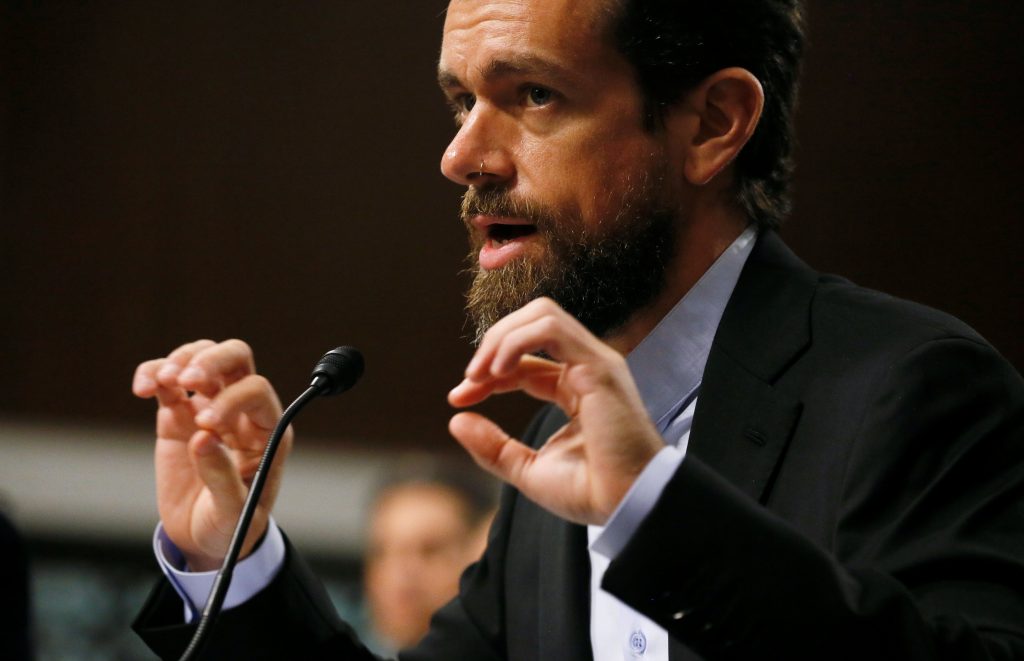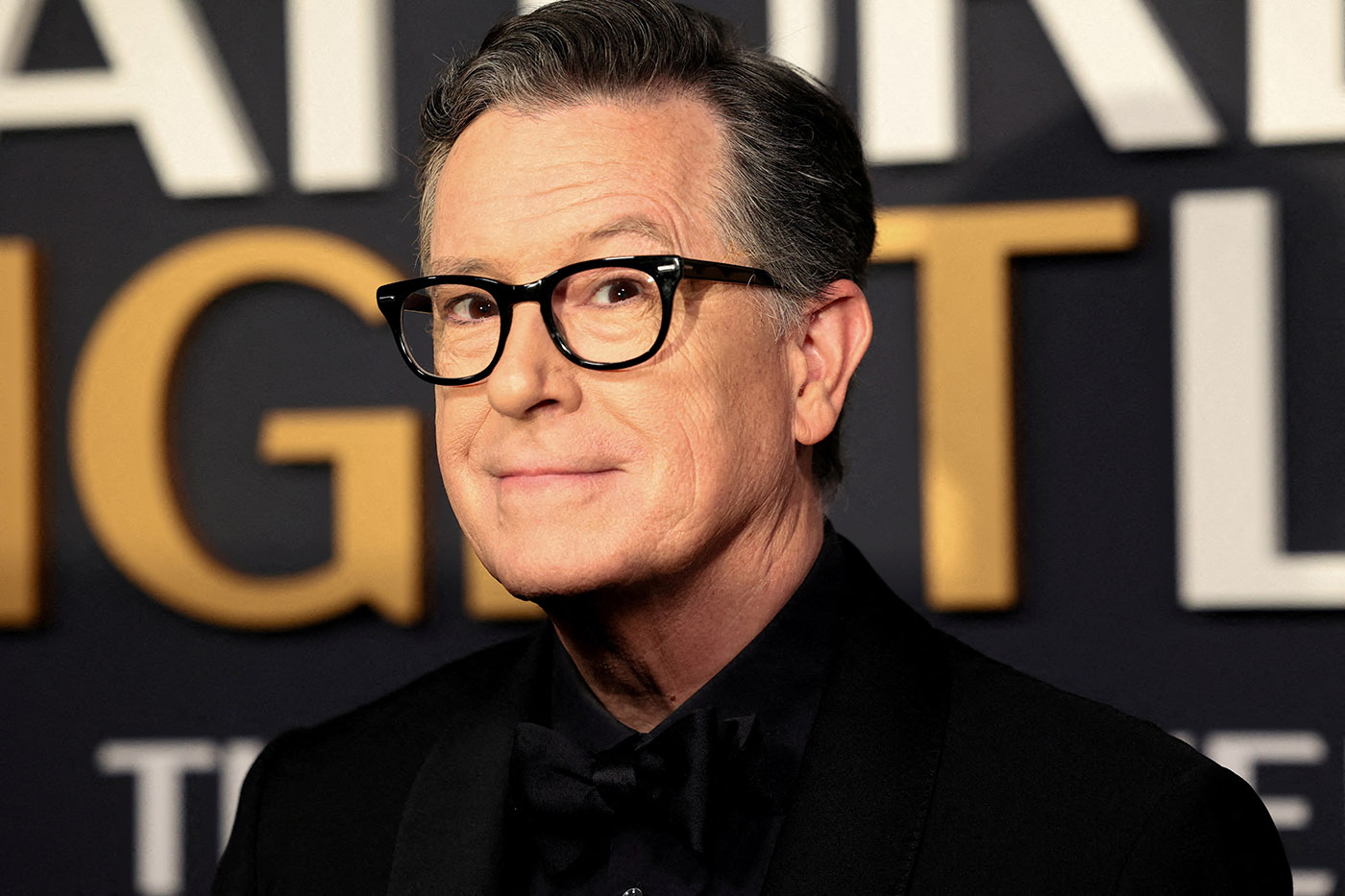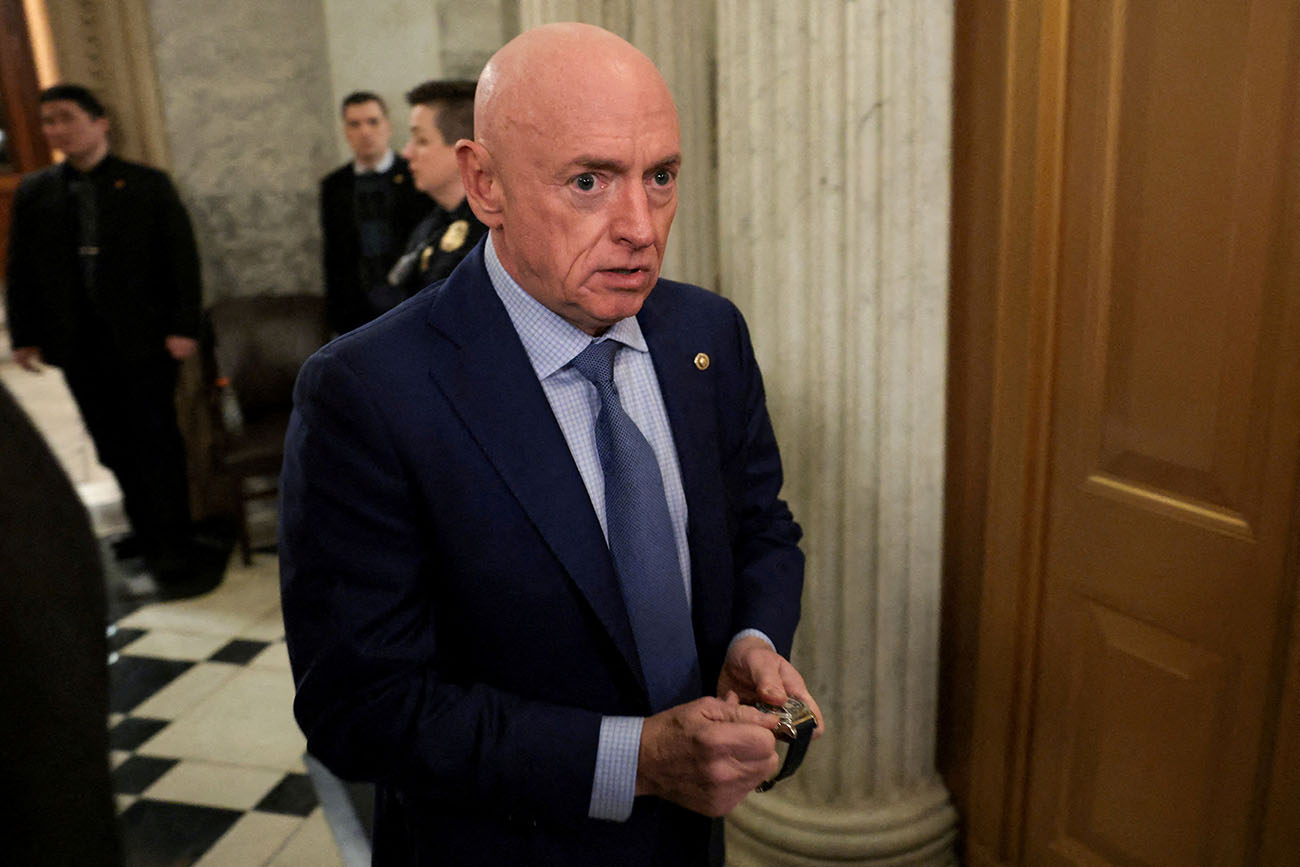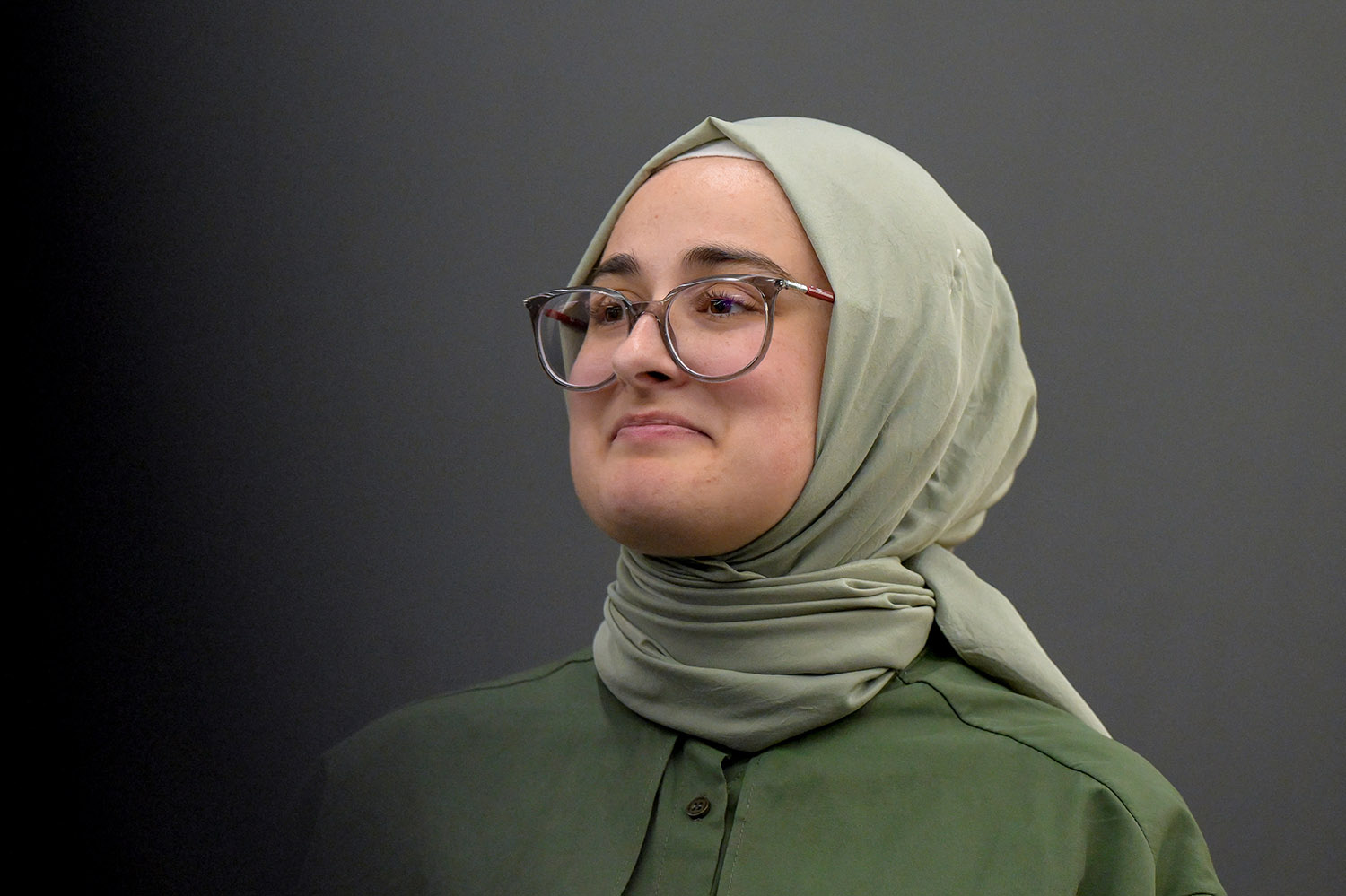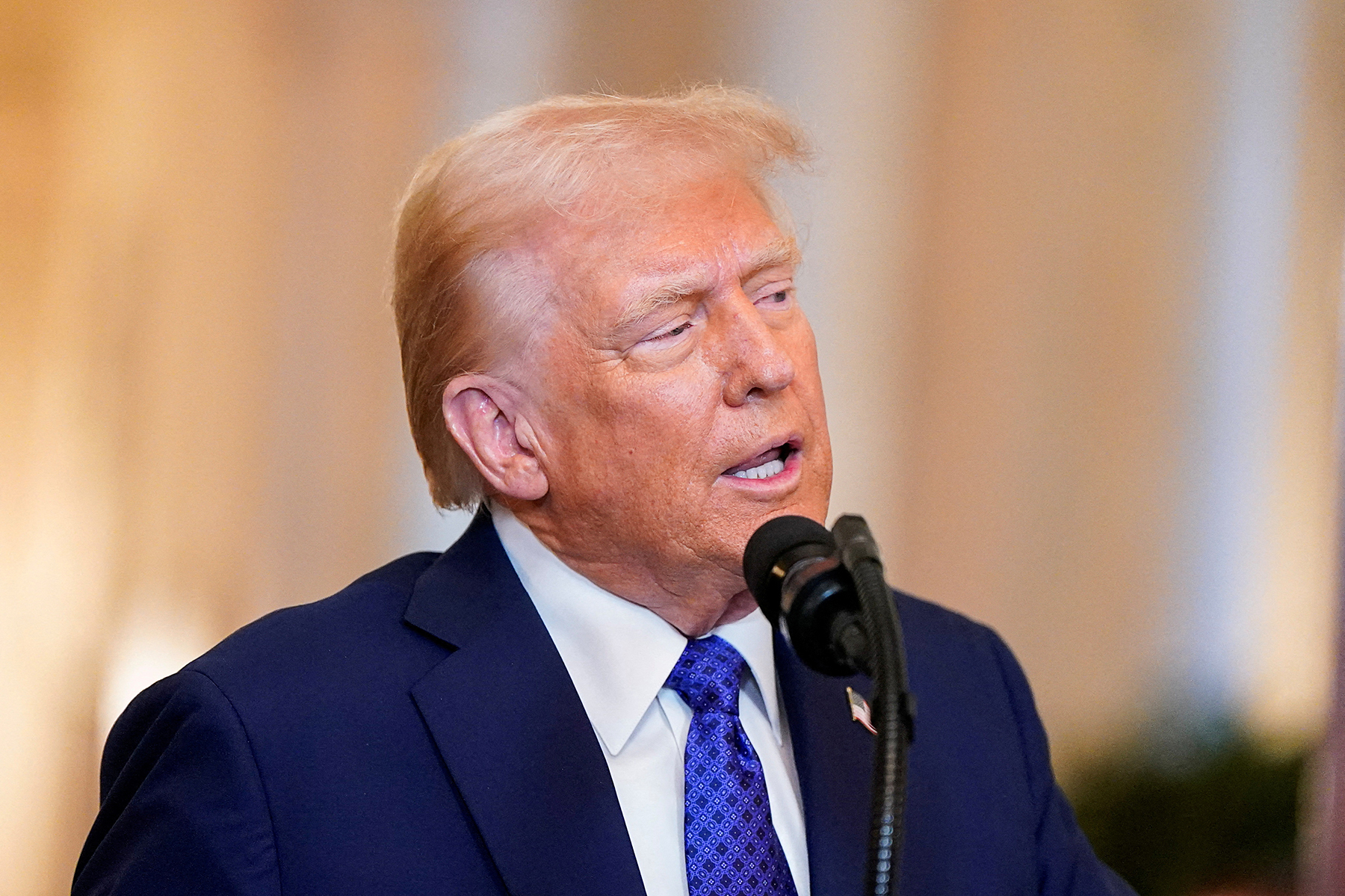On Friday, November 15th, Twitter published the details of a new policy that would affect political advertisements on its platform.
Under this new policy, Twitter will no longer accept advertisements that include “content that references a candidate, political party, elected or appointed government official, election, referendum, ballot measure, legislation, regulation, directive, or judicial outcome.” Ads that include appeals to vote or solicitations for financial support will also be banned.
The tech company also restricts certain players from purchasing ads altogether. Candidates, political parties, and government officials are all banned from advertising on the platform, as are SuperPACs and 501(c)4s, nonprofits that promote social welfare issues. Certain exemptions are available for news publishers, as long as the publication meets specific criteria, such as having advertisements based only on fact-based reporting.
Twitter will allow “caused-based” ads, including those referencing climate change, abortion, and gun control, according to CBS News. However, cause-based advertisers cannot target individuals by zip-codes, only on a state, province and region level. Cause-based advertisements that reference otherwise prohibited political content (such as legislative measures) or link out to otherwise blocked players (a political candidate’s website) are not allowed.
Dorsey first announced that the company would be removing political advertisements back in October in response to growing anxiety about misleading information and its effect on elections. The decision distinguished the company from Facebook, which not only allows politicians to purchase advertisements, but has decided against fact-checking ads out of fear of appearing politically biased.
See previous story: Tentative Applause Follows Twitter CEO Jack Dorsey’s Decision to Ban Political Advertisements
According to the New York Times, Twitter’s decision has already forced a number of political strategist groups to rethink their plans for the 2020 Election.
“Changing the rules halfway through is really dangerous,” Danielle Butterfield, the director of one of the largest Democratic super PACs, told The New York Times. “A lot of organizations are going to have to look back at their strategy and figure out how to adjust, especially in the middle of the cycle.”
Tags
